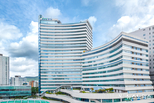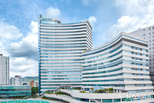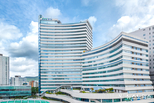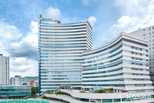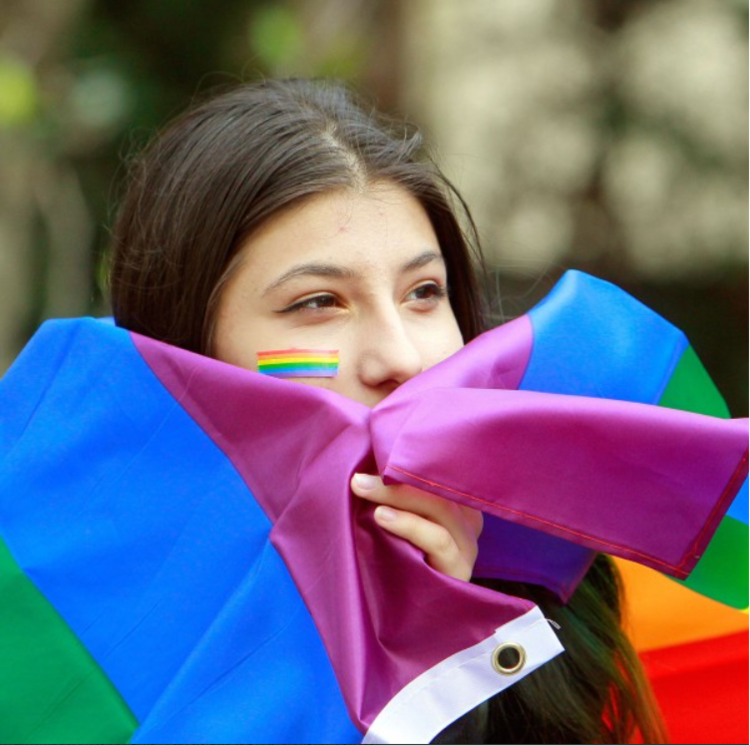
Newsnomics AJAY ANGELINA reporter |
The awareness of LGBTQ rights violations and stimulate interest in LGBTQ rights should be arisen among the people, the south Korea’s human rights commission called for Koreans and the government on Friday.
LGBTQ term includes lesbian, gay, bisexual, transgender, queer or questioning, also referred to as LGBTQIA+ that include les¬bian, gay, bisexual, trans, queer, questioning, intersex, asexual and more identities. It is a community that highly face rejection, violence, suicide and homelessness when compared to their general population peers.
Song Doo-hwan, chairman of the National Human Rights Commission of Korea said, “Discrimination and hate undermine the dignity of the minorities targeted. It causes them to live with intimidation, fear, and frustration, leading to self-deprecation and self-denial”, a statement issued on Friday to mark the 2024 International Day Against Homophobia, Biphobia, Interphobia & Transphobia.
May 17 is a day that marks annually the World Health Organization’s decision in 1990 to declassify homo-sexuality as a mental disorder.
As per 2020 survey by the NHRCK, “about 81.4%, or 480 of the 590 LGBTQ respondents have been diagnosed with or treated for depression or panic disorder in the past year.”
In 2015, the UN Human Rights Committee recommended to the Korean government to prohibit a broad range of discrimination against sexual minorities. The sexual minorities to be respected as a human being and to address discrimination and bias based on false information.
The South Korean government voted for the adoption of the resolution on Human Rights, Sexual Orientation and Gender Identity in the UN Human Rights Council on 17 June 2011.
“However, the government has never provided a clear answer to this recommendation made by the UN Human Rights Committee, and the 4th National Action Plans for the Promotion and Protection of Human Rights.
“We cannot see any policy to promote the human rights of sexual minorities even in the coming years (2023-2027)” emphasized by Mr. Song, the chair person of the Human Rights Commission.
Song Doo-hwan, observed and said “Some local councils, including the Council of South Chungcheong Province and the Seoul Metropolitan Council, have abolished a human rights decree in recent years because it includes a provision on prohibition of discrimination against sexual minorities. This trend is worrying.”
Last month, judges at the Yeongdong branch of the Cheongju District Court have granted five people to change their legal gender from male to female on their family’s request.
“Discrimination and hatred must no longer be tolerated in our society. We reaffirm that it is the non-negotiable responsibility of all of us to defend the dignity and worth of human beings and uphold the fundamental values of democracy, which are respect for diversity and human rights.”
Not only in South Korea but lesbian, gay, bi, trans and intersex (LGBTI) people around the world continue to face widespread stigma, exclusion and discrimination, including in education, employment and health care as well as within homes and communities.
The UN Free & Equal campaign is the United Nations’ global public information and advocacy campaign for LGBTIQ+ equality led by the UN Human Rights Office that contribute to increase awareness about the rights of LGBTIQ nationally and internationally.
In 2022, this included national campaigns in Albania, Brazil, Cabo Verde, Dominican Republic, Mongolia, Nepal, Panama, Pacific Island Countries, Serbia, Timor-Leste, Venezuela and Viet Nam.





